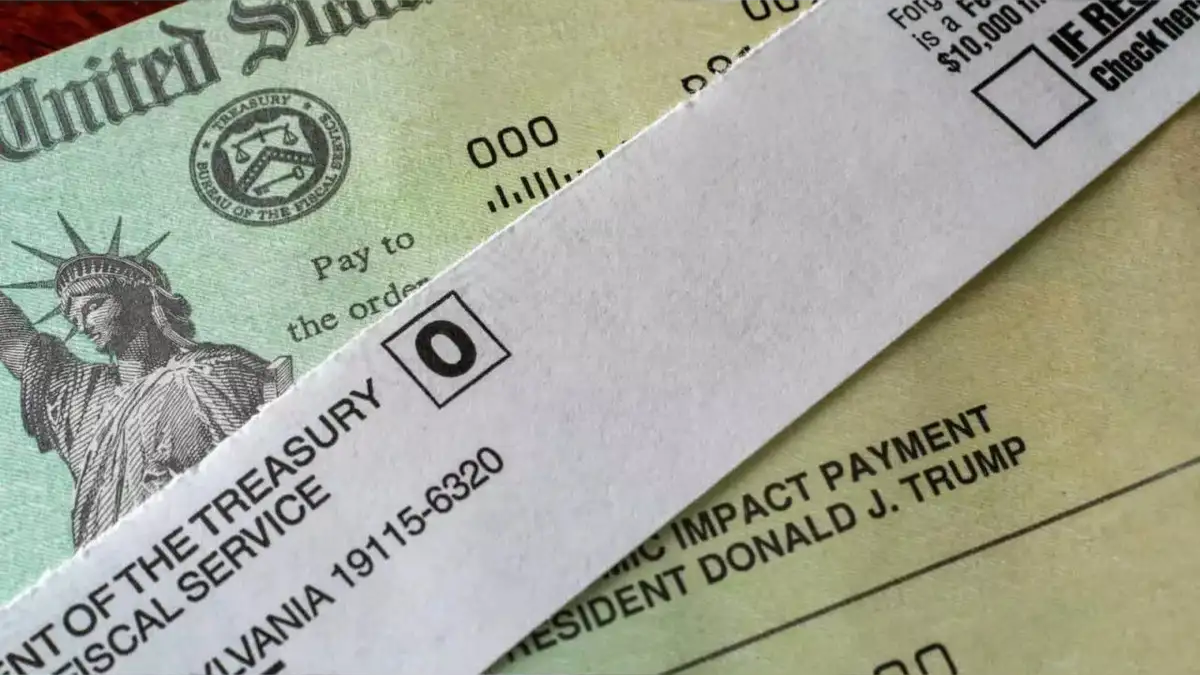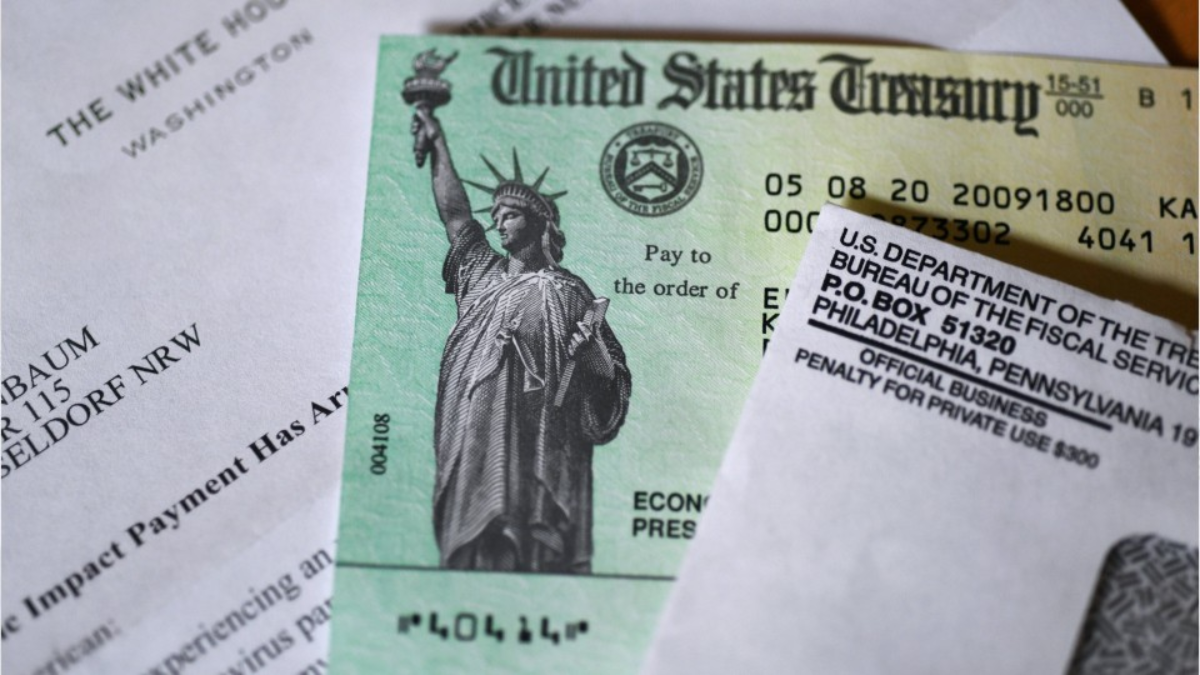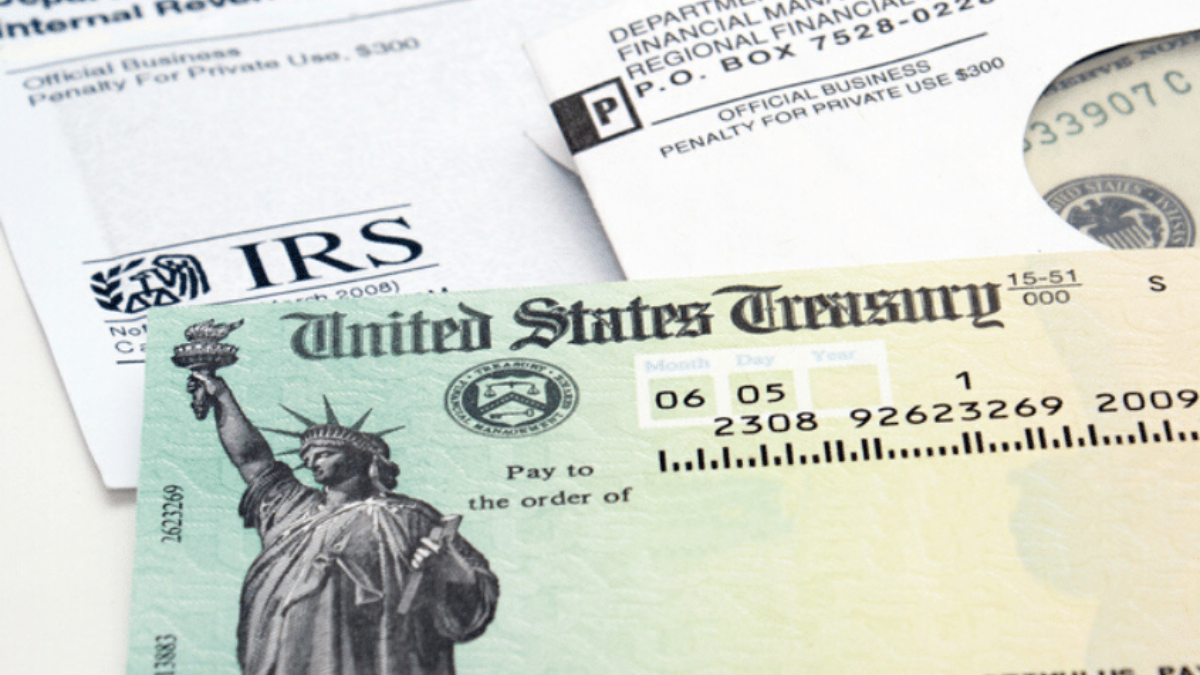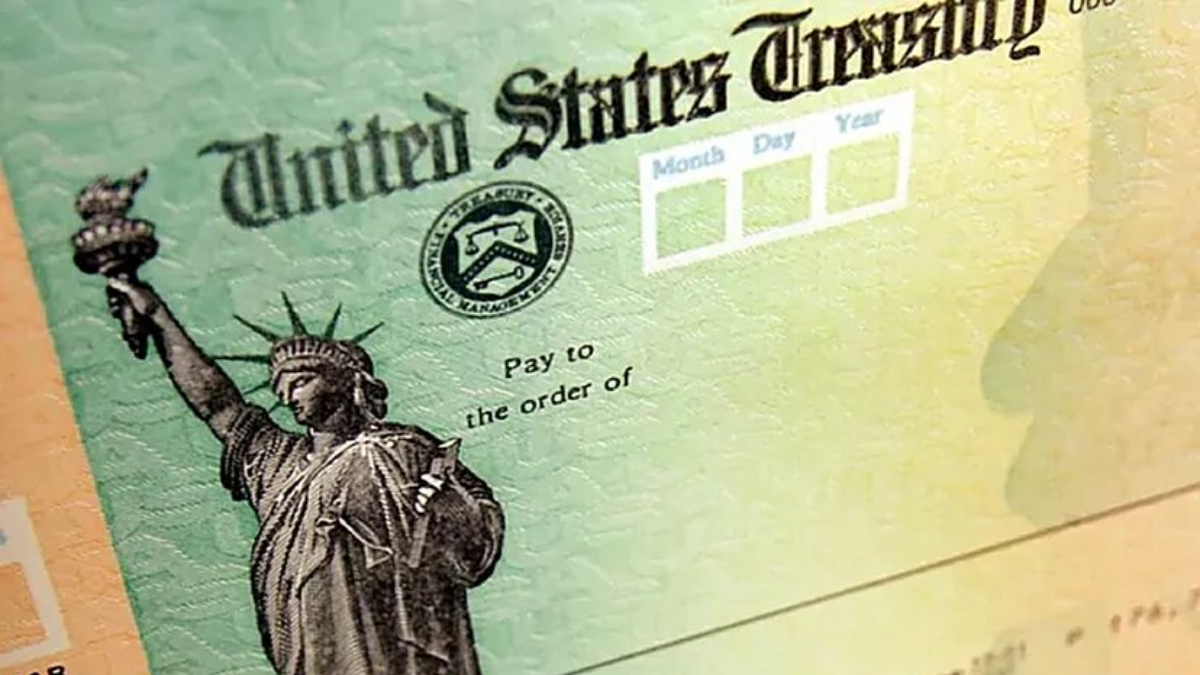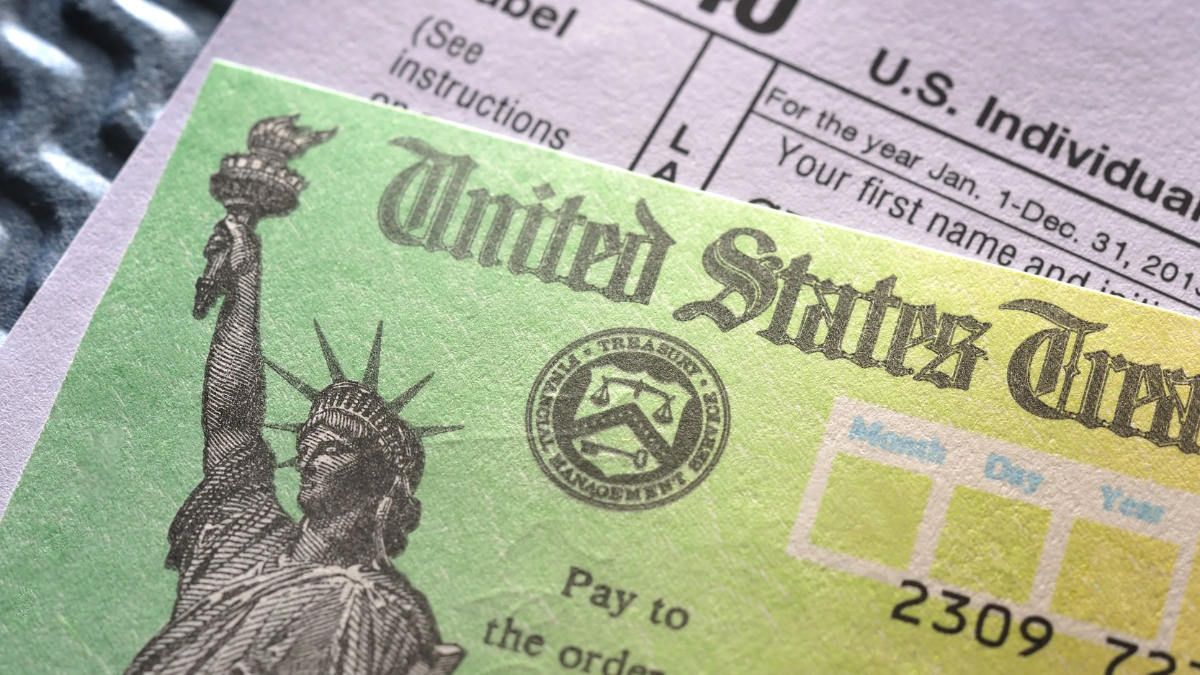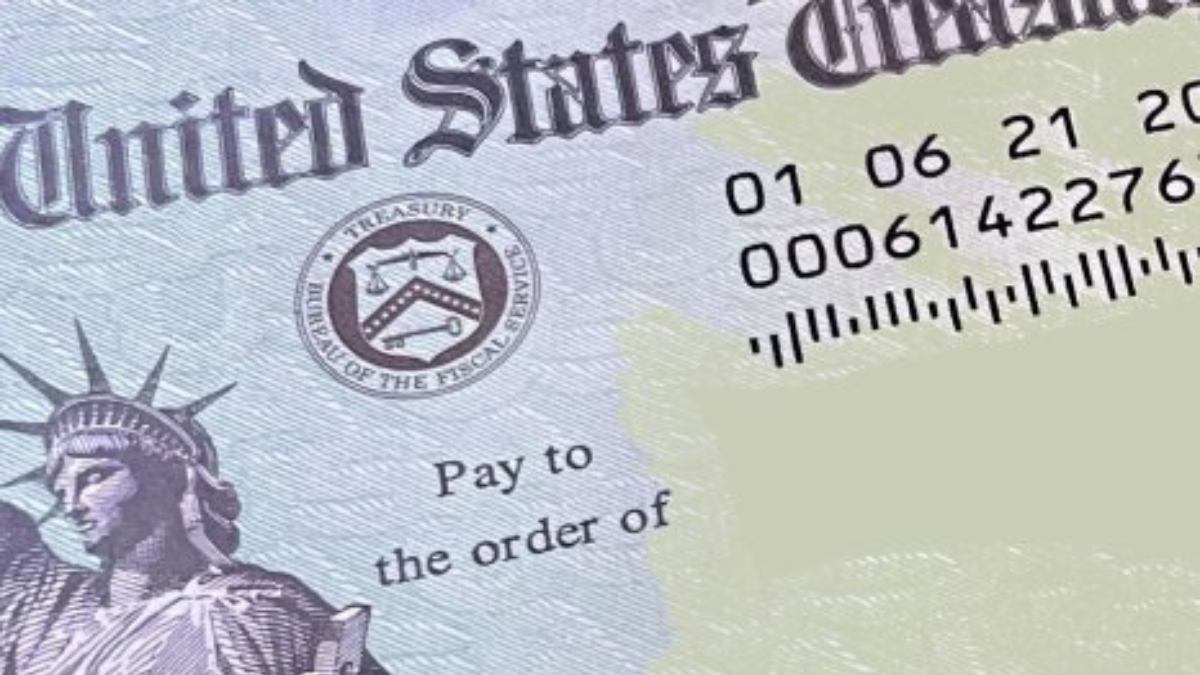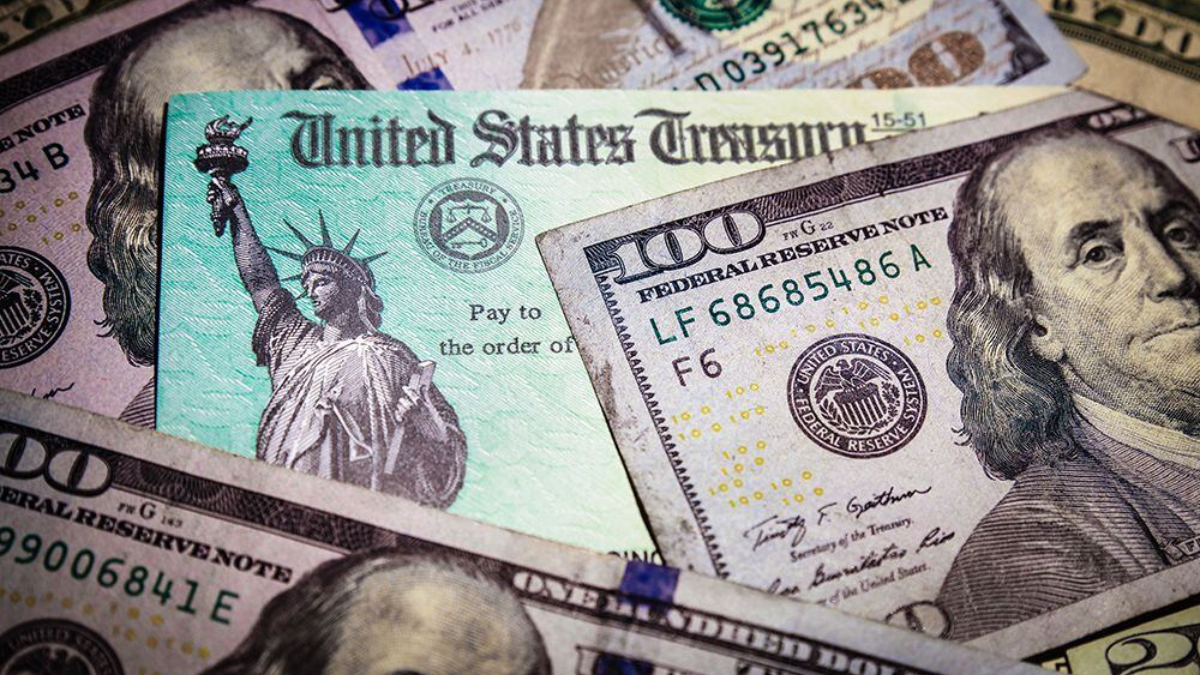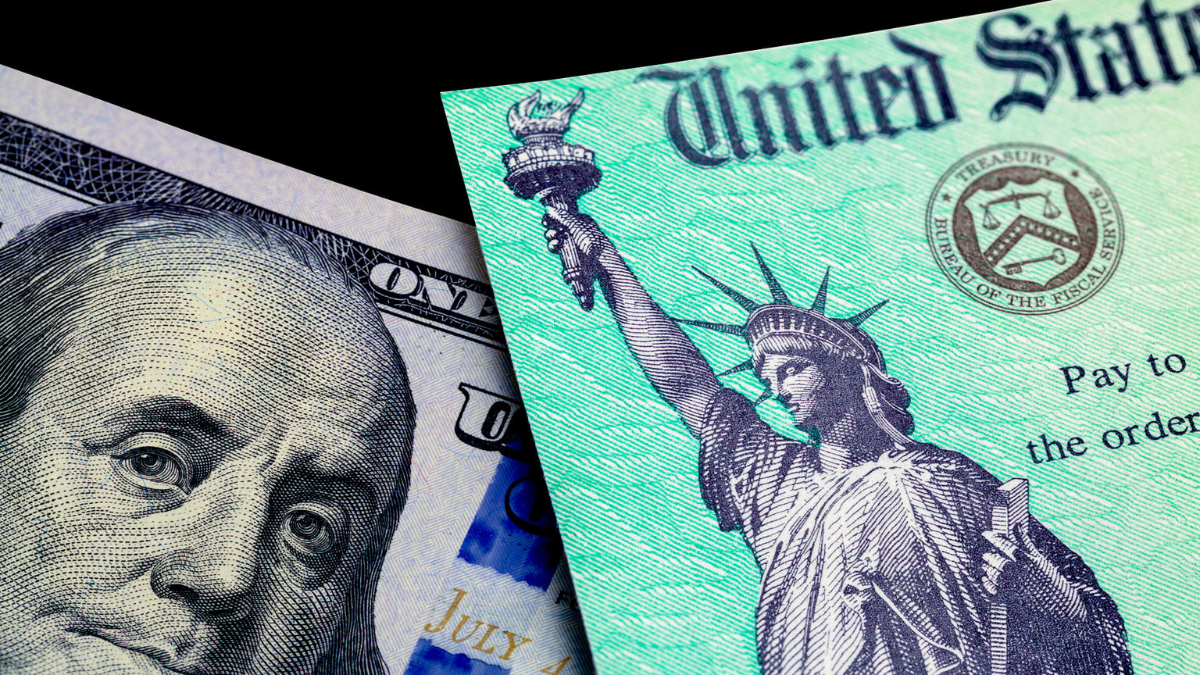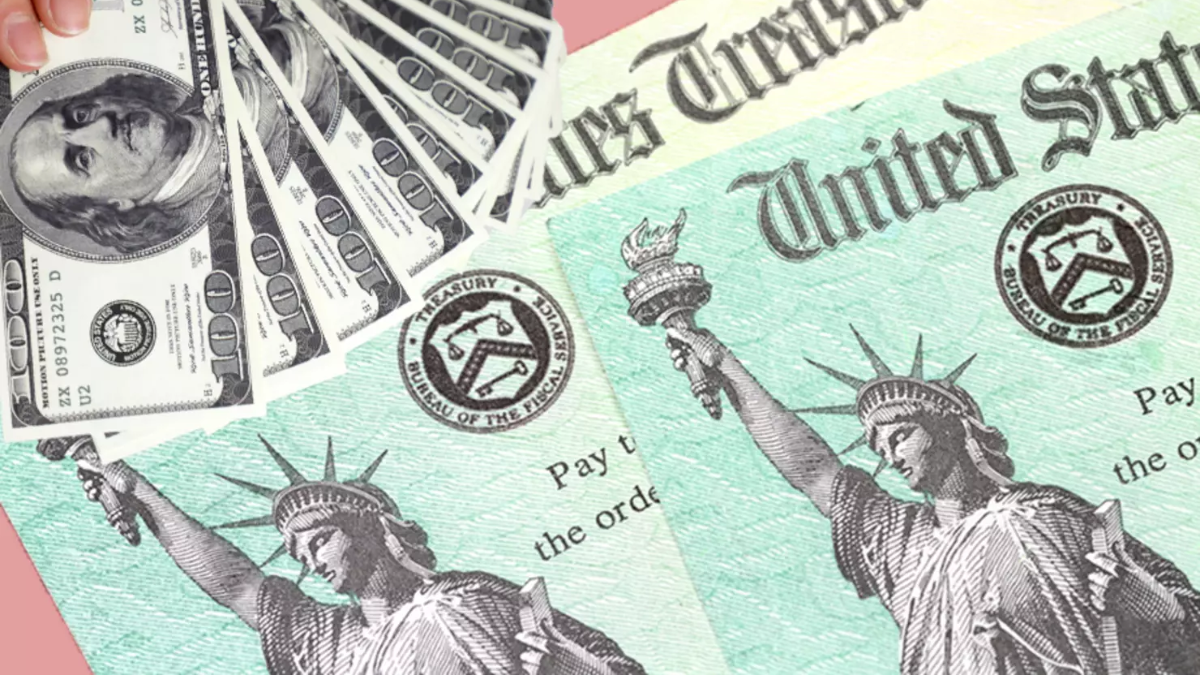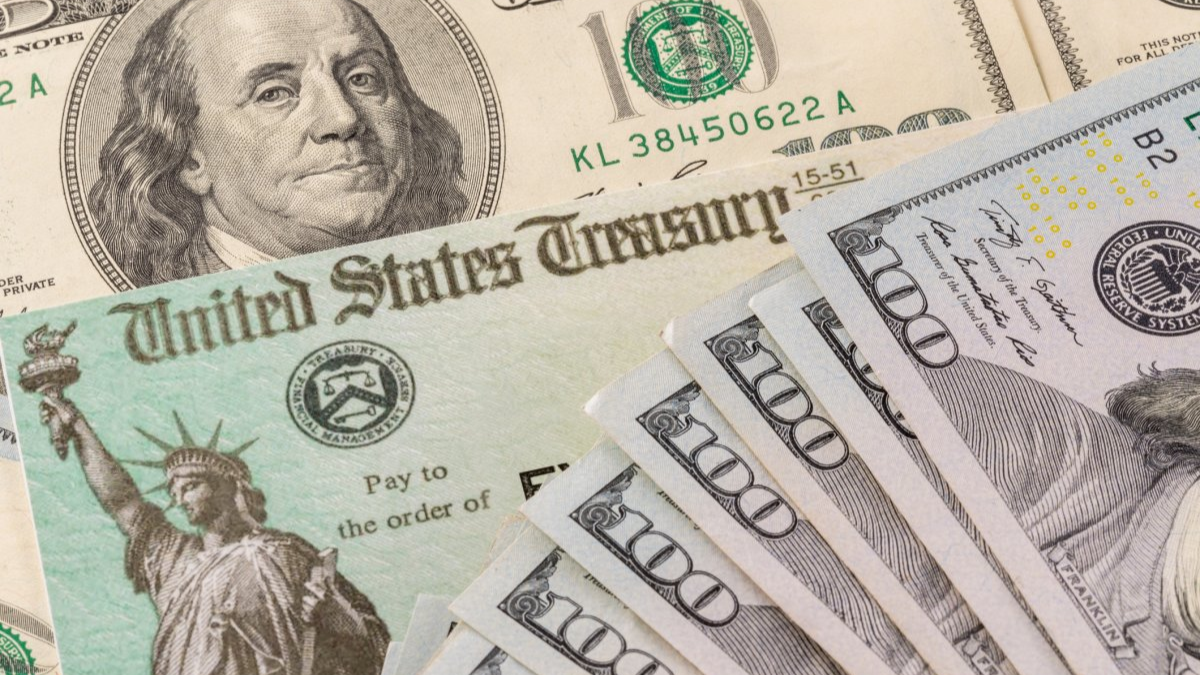As millions await their July 2025 tax refunds and stimulus payments, the IRS has released a detailed refund calendar organized by income brackets. This structured approach aims to ensure a smoother, faster distribution process, especially for direct deposit recipients. Whether you filed early or are still waiting, understanding where your income places you on the payment timeline is key to knowing exactly when to expect your money.
How Income Bracket Affects Your Refund Date
The IRS is issuing refunds in batches, starting with lower-income earners and gradually moving toward higher brackets. Taxpayers who filed early and provided direct deposit details are expected to be paid first. Individuals earning under $50,000 can expect their refunds in the first half of July, while those earning above $100,000 may see deposits or checks by late July. This tiered rollout helps manage volume and avoids delays caused by bulk processing.
Key Dates and Refund Methods
Refunds began rolling out on July 8, 2025, with different timelines for direct deposit, paper checks, and debit card payments. If your tax return included accurate banking info, you’ll likely receive your payment faster. Those waiting on paper checks may experience slight delays depending on mail volume in their area. Households with dependents, earned income tax credits, or stimulus eligibility are also included in this payout cycle.
July 2025 Refund Calendar – By Income Bracket
| Income Bracket | Refund Issue Window | Payment Method Priority |
|---|---|---|
| Under $30,000 | July 8 – July 12 | Direct Deposit |
| $30,001 – $50,000 | July 13 – July 16 | Direct Deposit / Check |
| $50,001 – $75,000 | July 17 – July 20 | Direct Deposit / Check |
| $75,001 – $100,000 | July 21 – July 25 | Paper Check / Debit Card |
| Over $100,000 | July 26 – July 31 | Paper Check |
The July refund calendar is a smart, income-based approach by the IRS to distribute payments more efficiently and fairly. Whether you’re a lower-income filer receiving a stimulus boost or a middle-income household awaiting a tax refund, knowing your estimated payment window can help you plan your budget. If you’ve already filed your 2024 taxes and included direct deposit information, your refund could be just days away. Be sure to keep an eye on your account or mailbox throughout July.
FAQ’s:
1. Why is the IRS issuing refunds based on income brackets?
This method allows the IRS to manage payment volume efficiently and prioritize those who may need funds the most.
2. What if I earned over $100,000—will I still get paid in July?
Yes, higher-income brackets are included in the final wave of payments between July 26–31, 2025.
3. How can I check the exact date of my refund?
Use the IRS’s “Where’s My Refund?” tool online to track your refund status based on your filing details.
4. Will I still get a refund if I didn’t use direct deposit?
Yes, but you’ll likely receive it later via paper check or prepaid debit card depending on your chosen method.
5. What should I do if I haven’t received my refund by August?
Contact the IRS directly or visit a local taxpayer assistance center to check for errors or delivery issues.
